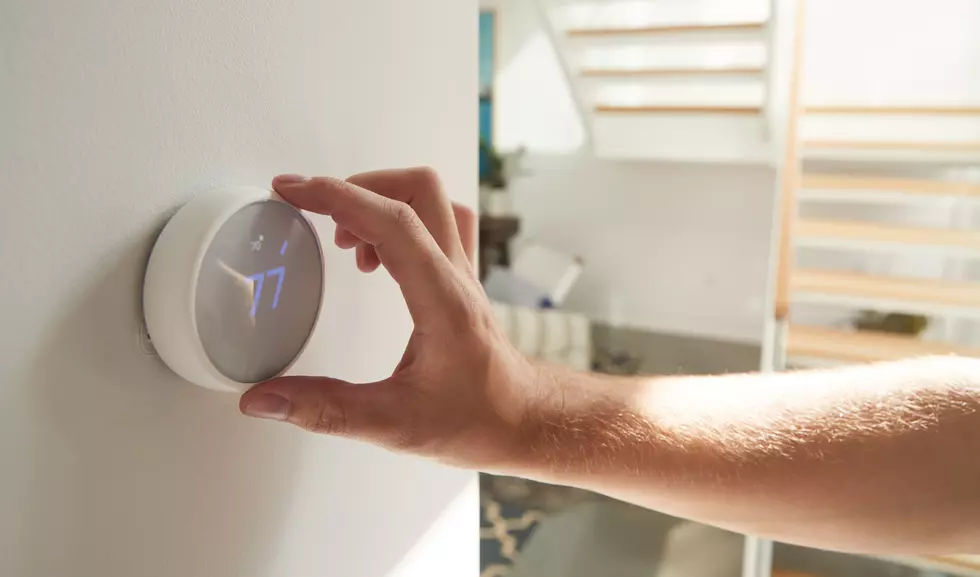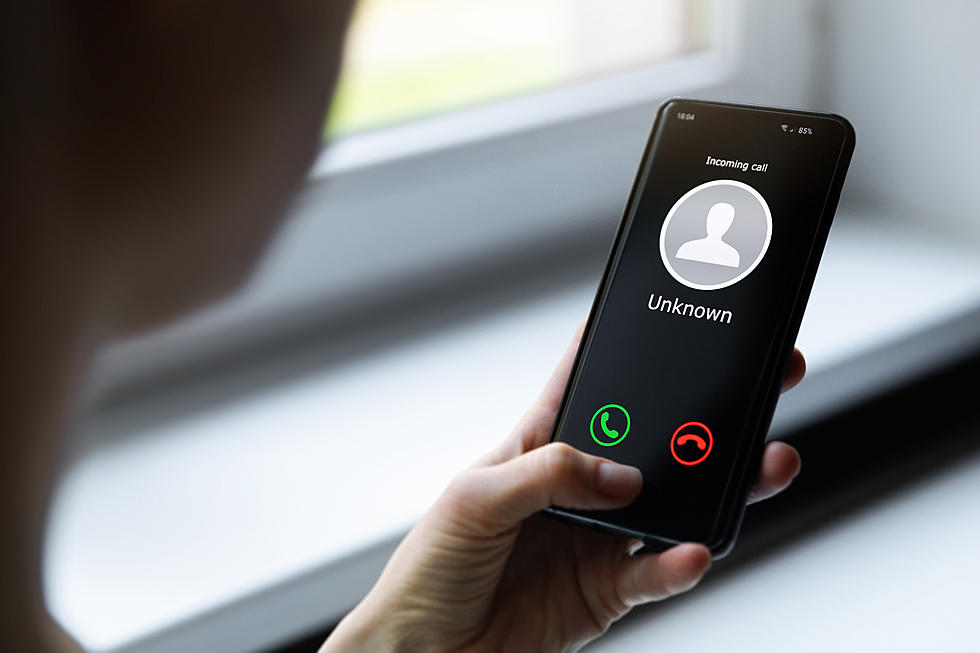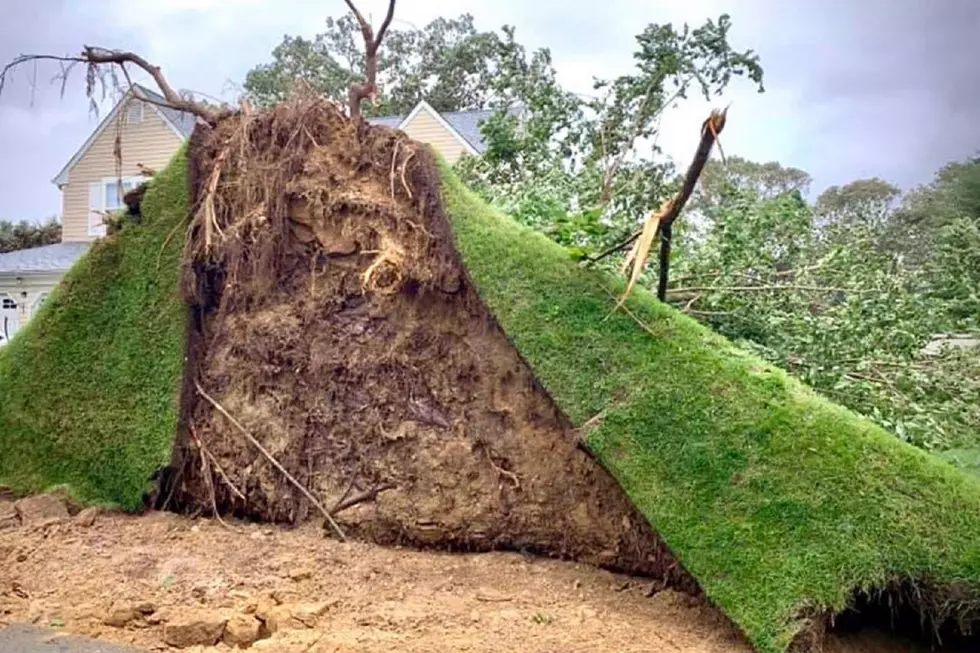
How to protect home heating appliances after a flood
While the remnants of Ida and other recent storms have brought flooding and devastation to parts of New Jersey, it's also important not to operate any house boilers or furnaces exposed to floodwaters without getting them checked out first.
How can floodwaters affect heating appliances?
Megan Merdinger, health and safety manager at PSE&G Gas Operations, said floodwaters can interfere with a person's heating system's safety controls. The failure of safety controls can cause an appliance to overheat and reach extremely high temperatures and pressures, also causing it to run continuously.
She also said the appliances may look fine to the naked eye once floodwaters have receded. But don't let that fool you. They could still be damaged. So, starting that damaged boiler or furnace could lead to a fire or an explosion.
How can you tell if a system is overheating?
Merdinger said there are five ways to tell if a boiler or furnace is overheating. It will not shut off. It is a cherry red color. It has paint peeling off. It is leaking water or steam. It has a temperature or pressure gauges at the highest levels.
What should you NOT do?
Never attempt to handle the problem on your own, Merdinger said. Never add water to a hot boiler or try to cool it down by spraying water on it. This could cause a person to be severely burned by steam.
What SHOULD you do?
Call a trained technician to come out and check the overheating appliance.
Merdinger said the technician will conduct four steps.
First, he or she will tell house occupants to evacuate and not re-enter until instructed.
The technician will then shut off the gas to the premise, then wait eight hours to allow the appliance to cool down.
Later, he or she will check the boiler or furnace to either make necessary repairs or red tag it for disposal.
Things to do in Salem County, NJ
More From 94.3 The Point










